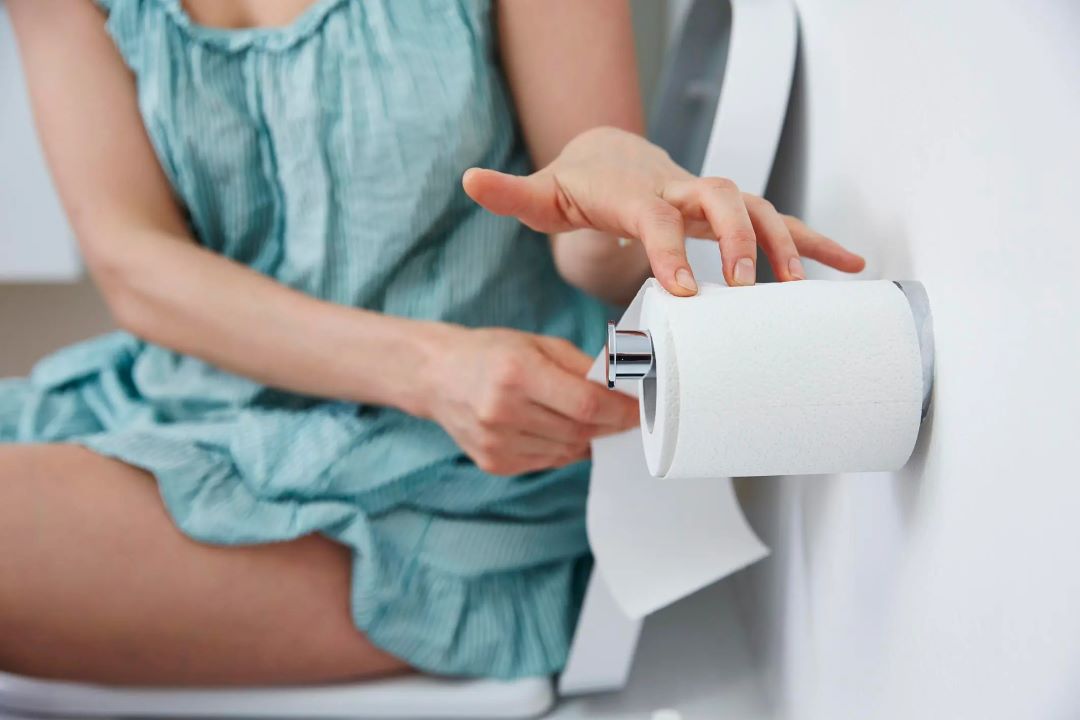
The Divide in Toilet Hygiene: Water vs. Toilet Paper
Light House Denver – Toilet hygiene practices around the world can be broadly divided into two categories: those who use water and those who rely on toilet paper. Generally, people in the Eastern world use water for cleaning, while Westerners tend to use toilet paper. But why does this cultural divide exist?
Cleaning oneself after defecation is an ancient practice, and each region has developed its own methods over time, though toilet paper was not originally part of the equation. Historically, people used whatever was available in their environment, such as water, leaves, stones, grass, or even their hands.
“Continue Reading: Indonesia’s Herbal Leaves Catch Global Attention”
In ancient Rome, for example, people used stones for cleaning. In the Middle East, water has long been the preferred method, often linked to religious teachings, particularly in Islam.
According to the study “Toilet Hygiene in the Classical Era” (2012), the first documented use of toilet paper was in China, not the West. The Chinese invented paper, which later paved the way for the creation of toilet paper. This innovation provided a more efficient alternative to other cleaning materials.
The first mention of toilet paper in the Western world came in the 16th century. French writer François Rabelais referred to it but noted its inefficiency for cleaning.
Despite its ineffectiveness, toilet paper continued to be used by Western societies. The key reason behind this practice lies in climate. In colder regions, people are less inclined to use water for cleaning due to discomfort with cold water. In contrast, people in tropical climates are more accustomed to using water, which is often seen as refreshing and essential in hot weather.
This climate-driven difference explains why Western societies favor toilet paper, while those in tropical regions prefer water. Using water for cleaning is also in line with religious practices in Islam and Hinduism. In both religions, cleanliness plays a significant role in spiritual life.
Beyond climate, dietary habits also play a role. Western diets, which tend to be lower in fiber, result in drier, less messy waste, making toilet paper a practical choice. People in Asia, Africa, and parts of Europe typically consume higher-fiber diets. This results in more moist waste, which is more effectively cleaned with water.
While the use of toilet paper is widespread in the West, scientific studies have shown that using water is a cleaner method. Water removes bacteria and germs more effectively, whereas toilet paper may leave residue behind.
Despite its inefficiency, toilet paper has become deeply ingrained in Western culture. It has become a generational habit, which explains why people in colder climates continue to use it, even as alternatives like water offer superior cleanliness.
“Read More: The Overlooked Secret Behind Smart Kids”